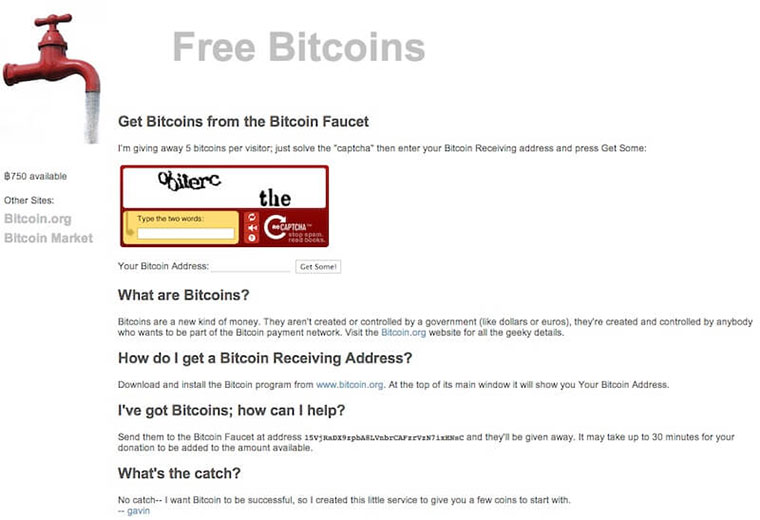How can I get Bitcoin without buying?
Bitcoin keeps growing, both as money and as an investment. There are several ways to get Bitcoin without using an exchange. From salary and tips to inheritance, here’s a practical overview of what works, what to watch out for, and how to store your coins safely.
Earn bitcoin
Ask your employer or clients to pay part or full of your compensation in Bitcoin. You can agree on a fixed share (for example 5–10% of salary) or decide per invoice. Benefits: fast settlement and often low fees.
Getting started from scratch:
- Set up your own wallet and test receiving a payment.
- Agree on an amount in EUR/CHF and convert to Bitcoin at the time of payment.
- Keep clean records if it’s required for tax treatment Jobs that are paid in Bitcoin can be found at Bitcoiner Jobs and BitcoinJobs.com (for bitcoin-only listings), Bitcoin Talent Co for curated openings, and Plebwork for freelance gigs; for wider reach, try CryptocurrencyJobs.co and NODESK. When applying, confirm BTC percentage, payout cadence, and on-chain or Lightning.
Sell your products and services for Bitcoin
Whether you’re a freelancer, café, or online shop: price in your local currency and settle the invoice at checkout in Bitcoin.
Tips:
- Use Lightning for small payments; on-chain for larger amounts.
- Tools like BTCServer make receiving Bitcoin automated and easy.
- If needed, record the exchange rate at the time of payment.
Tips and donations
Creators, streamers, musicians, bloggers: where there’s an audience, Bitcoin tips are possible. Add a payment QR or a short “Support me with bitcoin” box. Micro-payments work especially well over Lightning, so you can collect donations easily.
Mining
In theory you “earn” new bitcoin by mining. In practice it’s capital- and energy-intensive and technically demanding.
Be realistic:
- Hardware costs, electricity price, noise/heat, local regulations.
- Usually only economical in a pool. For most people, getting paid in bitcoin (or simply buying it) makes more sense than mining yourself.
Cashback, bounties, and rewards
Some services pay small amounts of bitcoin as cashback. Bug bounties are sometimes paid in bitcoin too.
Before you start, check:
- Can you withdraw to your own wallet (self-custody)? From what minimum?
- Fees, waiting times, and KYC requirements.
- Credibility: avoid “too good to be true.”
Gifts and inheritance
Bitcoin can be gifted or inherited. To avoid loss:
- Gifts: if you’re new, test with a tiny amount first, verify the sender, and document the transaction.
- Inheritance: leave clear instructions (which wallets, where seed backups are stored, who is responsible for what). Ideally create a simple emergency checklist and store it securely.
Airdrops and faucets
These are rare today. Early on, free sats appeared more often; now, almost never. Be very skeptical of “free bitcoin” promises—often phishing or data harvesting. If something legitimate appears, run a security check and consider possible tax implications.

The “Free Bitcoins”-Faucet from the early days of Bitcoin
Security first: self-custody as the default
No matter how the bitcoin reaches you: keep it in your own wallet and hold the keys yourself.
- Hot wallets are convenient for everyday use, cold storage (for example a hardware wallet) is better for larger savings.
- Store your seed words offline and keep a secure backup
Final Thoughts
- The simplest non-purchase path: get paid in Bitcoin or collect small tips and donations.
- Mining is possible but rarely worth it without a solid cost calculation.
- For tax-related events, keeping proper documentation is advisable.

